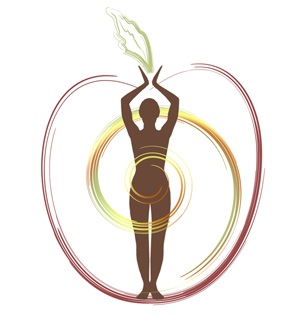An old school earache remedy
Today, there is more knowledge available about essential oils than our elders ever had access to, yet we still don't know much about using them. I hope to share a bit of info about them here, especially as they relate to common ailments. Please note that essential oils are not a replacement or substitute for medical advice. If you have a persistent condition, please consult your primary care provider for treatment.
My grandmother was from the south. She grew up with many old school remedies for common ailments. One of them was essential oils. Fortunately for me, she used those same ancestral remedies on her grandchildren. No one really understood why or how this old wisdom worked, it just did.
For an earache, Nana's remedy was to add a drop of eucalyptus oil to a clean cotton ball and place just inside the ear. In addition to oils, we were fed well-balanced warming meals, encouraged to drink only water with lemon and hot tea with honey, get plenty of rest.
If we had to go out for school or church, and it was a particularly windy day, we were instructed to cover our ears with either a hat, ear muffs, or a scarf. Within no time the ear pain would subside and we'd be back to playing outdoors. No big deal.
Over time, I adapted my grandmother's remedy to include other beneficial oils and added a few notes...
1. NEVER EVER pour or put essential oils directly inside the ear.
2. For best results, be sure to use the pure essential oils (not fragrance oils). They tend to cost more because they are very carefully distilled to keep the healing benefits intact.
What to do:
Starting with the eucalyptus, place 1-2 drops of oil on your finger
Rub the oil lightly behind and below the ear
Trail the fingers downward along the neck to the center of the throat
Repeat on the other side
Wait a minute or two for the oil to absorb
Repeat with the rosemary (optional)
Repeat with the lavender (optional)
Afterwards, it is helpful to wrap or cover the ears, neck and throat to encourage the oils to penetrate deeply.
Did you know?
Essential oils are powerful and as such only small amounts are needed in an application. Anyone using an essential oil for the first time, should do sensitivity testing a small patch of skin prior to general use. Additionally, it's usually best to dilute with a carrier oil (pure jojoba, coconut, olive, etc). For more information, consult a certified aromatherapist (CA), traditional naturopath (TN), or a naturopathic doctor (ND).
